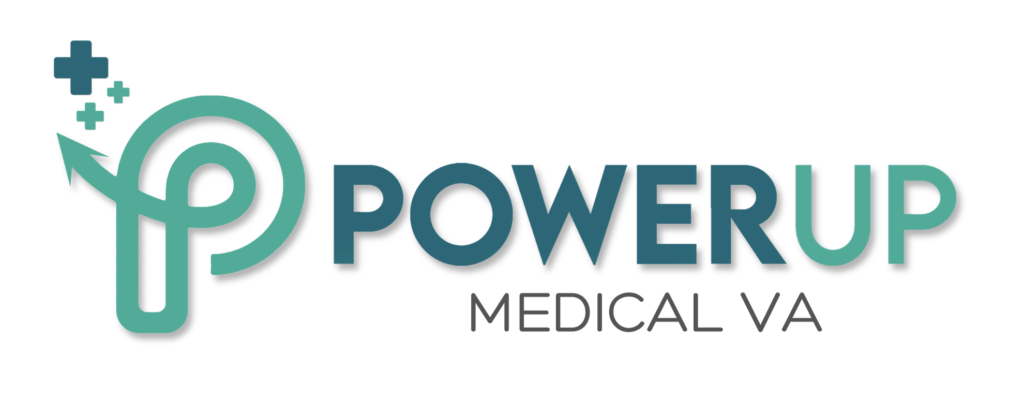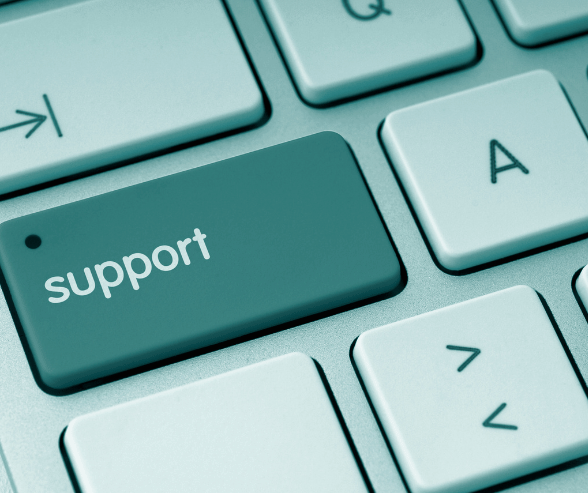What Tasks Can a Healthcare Virtual Assistant Handle?
Believe it or not, doctors are constantly stretched thin between patient care, compliance requirements, and endless administrative chores. Thanks to a healthcare virtual assistant (VA), doctors can get the support they need to effectively run their practice–an equally effective option given in-house staffing challenges.
Just how much admin work can a remote health assistant do? What tasks can a healthcare virtual assistant handle? We’ll try to answer these questions and more as we navigate the impact of a medical or healthcare VA.
Not the Average Virtual Assistant
While remote healthcare assistants may tackle emails, calendars, or social media for any business like your average VA, virtual assistants in health and medical care do so much more.
Healthcare VAs possess domain knowledge in healthcare workflows, medical terminology, and relevant systems. They handle non-clinical tasks so that physicians, nurses, and in-office staff can focus more on patients rather than paperwork.
Furthermore, they understand privacy rules, electronic health records (EHRs), insurance processes, and the unique rhythms of medical practices.
Core Tasks of a Healthcare VA
Patient Scheduling & Calendar Management
One of the most visible and frequent tasks is managing the schedule of a medical provider.
- Booking new patient visits, follow-ups, tests, consultations.
- Sending reminders and confirmations (via SMS, email, or calls).
- Handling reschedules, cancellations, and waitlist management.
- Coordinating with multiple providers (e.g., specialist referrals).
With a dedicated remote assistant handling these tasks, clinics avoid double bookings, missed appointments, and scheduling gaps.
Medical Records & Documentation Management
Needless to say, maintaining accurate, timely records are critical in healthcare. A virtual assistant can:
- Enter patient demographic and clinical data in the EHR.
- Transcribe clinical notes, lab reports, imaging results, and referral letters.
- Organize scanned documents, upload attachments, and archive files.
- Retrieve past records (e.g. from external clinics) and integrate them.
- Ensure chart completeness, reconciliation, and data cleanup.
By accomplishing these tasks, VAs ensure that administrative burden doesn’t compromise data quality or continuity of care. Core management and EHR entry is a primary part of a medical VA’s responsibilities.
It’s important to note however that a VAs role is supportive and not diagnostic. Doctors are solely responsible for clinical decision making, diagnosis, or prescribing.
Billing, Coding, Claims & Insurance Processing
This area of healthcare administration is one of the most complex and error-sensitive. A trained healthcare VA can:
- Assign medical codes to services rendered (depending on local regulations).
- Prepare and submit insurance claims, appeals, and follow-ups.
- Check for denied or rejected claims and manage resubmissions.
- Post payments and reconcile accounts receivables.
- Generate invoices, statements, and payment reminders.
Outsourcing these tasks to a remote health assistant helps reduce denial rate and all in all speed up revenue cycles.
Patient Communication & Support
Another task of a healthcare VA is to be a dependable liaison between your practice and your patients.
- Triage non-urgent patient inquiries by phone, email, or secure messaging.
- Answer frequently asked questions (office policies, billing, visit prep).
- Send reminders for preventive care, vaccinations, or wellness checks.
- Follow up after visits to collect feedback or prompt further tests.
- Educate patients about administrative matters (e.g. insurance coverage steps).
With these tasks covered, doctors can focus better on their patients. Doctors can rest assure knowing that their patients are taken care of before and after appointments.
Provider Support & Clinical Assistance
There are instances where practices employ more advanced assistants who help clinicians with:
- Live scribing during virtual consultations (capturing notes as the provider talks).
- Preparing referral letters, summaries, or consultation notes.
- Assisting in prescription refill workflows or prior authorization support.
- Extracting relevant clinical data for case reviews or quality checks.
Some VAs act as virtual scribes, helping reduce the documentation burden.
A study from the National Library of Medicine shows that the “use of virtual scribes was associated with significant decreases in total EHR time, time spent on notes, and pajama time, all per appointment.”
Leveraging Remote Healthcare Support
Having discussed the different tasks that a remote medical staff handle, it is also important to emphasize the effect it has to a practice’s operations and to the primary care provider.
Consider the alternative: Primary care physicians increasingly face burdens from documentation, quality reporting, prior authorization, and EHR (electronic health record) inefficiencies. These tasks divert attention from patient care and contribute to burnout–Commonwealth Fund, 2025.
Time Reallocation
Every minute clinicians and staff spend on admin is a minute taken away from patients. In short, delegation frees high-value time. Also, it increases a doctor’s bandwidth for self-care and rest.
Cost Efficiency
Compared to hiring full-time in-office staff (with overhead, benefits, office space), a well-trained VA is often more economical.
Operational Consistency & Accuracy
Healthcare VAs–thanks to their specialized skillset–reduce billing errors, missed claims, scheduling conflicts, and data inconsistencies.
Patient Experience Improvement
Faster responses, reminders, and clearer communication build trust and retention. In other words, Healthcare Virtual Assistants, help practices score plus points in terms of patient experience.
Tasks a Healthcare VA Can Handle–Setting Limits
Given the wide range and variations of tasks a Healthcare VA can handle, it’s equally essential to set the limits to what a remote medical assistant can or can’t do.
- Regulatory & Privacy Constraints: VAs must operate under secure systems, follow HIPAA or equivalent data privacy laws, and in many regions be under supervision for billing or coding tasks.
- Clear Boundaries: VAs should not provide medical advice, interpret diagnostic tests, or alter treatment plans.
- Onboarding & Training: A VA unfamiliar with your systems, workflows, or specialty will need robust training.
- Software Access & Integration: The VA must have permission and secure access to your EHR, billing systems, insurance portals, and communication platforms.
- Quality Control: Periodic audits, error checks, and oversight must be in place to maintain data integrity.
Finding Your Healthcare Virtual Assistant
Whether you run a small private clinic or manage a growing specialty practice, a healthcare virtual assistant can be the operational bridge you’ve been looking for.The key is to find a VA who understands healthcare’s nuances — someone familiar with compliance standards, EHR systems, and patient confidentiality. Once trained in your workflows, a reliable healthcare VA becomes an extension of your practice, not just another outsourced resource.
This is where PowerUP VA Services comes in. We specialize in providing practices with the Healthcare VA and support they need. Book a call with us today!







